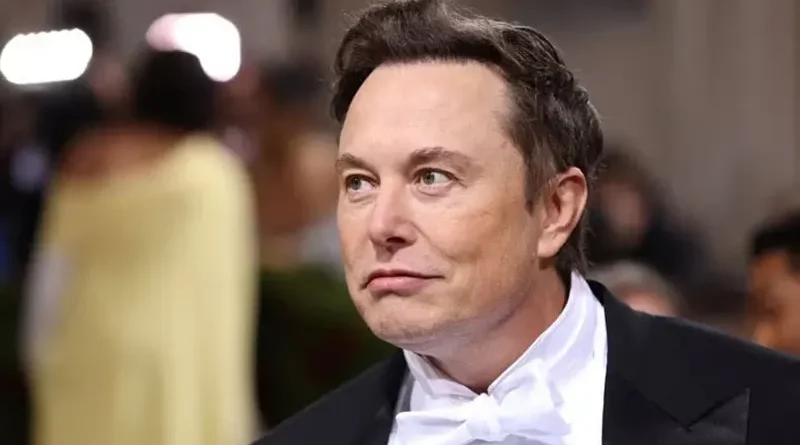Elon Musk thinks exoplanets are just ‘next door’
The billionaire and CEO of SpaceX Elon Musk appeared motivated to seek habitability of humankind outside Earth as he shared a study from 2018 of exoplanets which, according to scientists, could host life.
Musk was very eloquent about his plans to make human beings species that can travel back and forth to different planets with the help of his aerospace company. Our solar system’s fourth planet in a row Mars is also under a 51-year-old’s radar to turn it into a colony in the coming decades.
The study regarding Proxima Centauri b — a super Earth exoplanet that orbits Proxima Centauri star — was conducted to determine whether water could be sustained on the planet as it resides in the Goldilocks Zone or habitable zone.
Kepler-186f was the first rocky planet to be found within the habitable zone. — Nasa/File
Kepler-186f was the first rocky planet to be found within the habitable zone. — Nasa/File
The habitable zone is a distance in which water can stay in its liquid form to host microbes due to the compatible temperatures.
This exoplanet is the nearest to the Earth.
Anthony Del Genio, a planetary scientist at the Nasa Goddard Institute for Space Studies said: “The major message from our simulations is that there’s a decent chance that the planet would be habitable.”
According to the study, the Earth-sized planet is potentially the closest “highly habitable” planet to our Solar System, located 4.2 light-years away from the Sun.
“Practically next door,” CEO Musk wrote in a tweet Sunday while sharing the study.
Since its discovery in 2016, Proxima Centauri b was being studied by astronomers about whether the planet could host life.
Similar to the Earth’s moon, the planet is “locked” due to gravitational forces, meaning that the same side of Proxima Centauri b always faces its parent star.
As the study was carried out on the basis of computational simulations, it indicated that exoplanet’s oceans and atmosphere act as an effective transfer of heat, so that its dark side is not permanently frozen.
Notwithstanding its close distance from Earth, it is 4.2 light-years away and to date, there is no such technology which could take humans to that far.
It would take 80,000 years for Nasa’s spacecraft Voyager 1 to travel to Proxima Centauri, but the agency’s DEEP-IN programme intends to make it possible within a single lifetime.
Experts who are working on DEEP-IN state that small crafts propelled by light could travel at speeds of up to 161 million kilometres per hour and reach the neighbouring star and exoplanet in 20 years.
51-year-old Musk frequently voiced his concerns about humanity’s long-term survival, claiming that “setting up self-sustaining colonies on other planets is vital to ensure the continuation of our species.”

